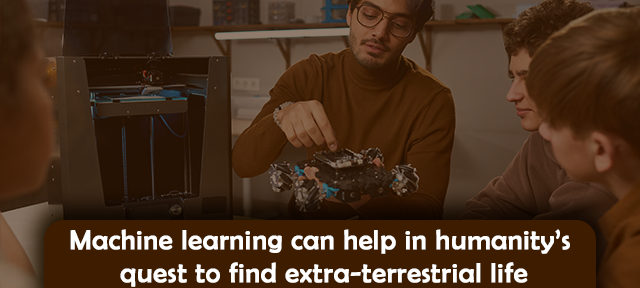A new study has re-examined data from the Green Bank Telescope in West Virginia in search of extra-terrestrial intelligence (SETI). The study applied deep learning techniques to a classical search algorithm to yield faster and more accurate results. New signals were detected with narrow spectral width and non-zero drift rates, which could indicate they were not local to the radio observatory. The results illustrate the power of applying modern machine learning and computer vision methods in SETI. The researchers plan to extend the algorithm to the SETI Institute’s COSMIC system. As the amount of data collected in SETI experiments continues to grow, new computational tools are needed to quickly identify potential anomalies that could be evidence of extra-terrestrial intelligence.


